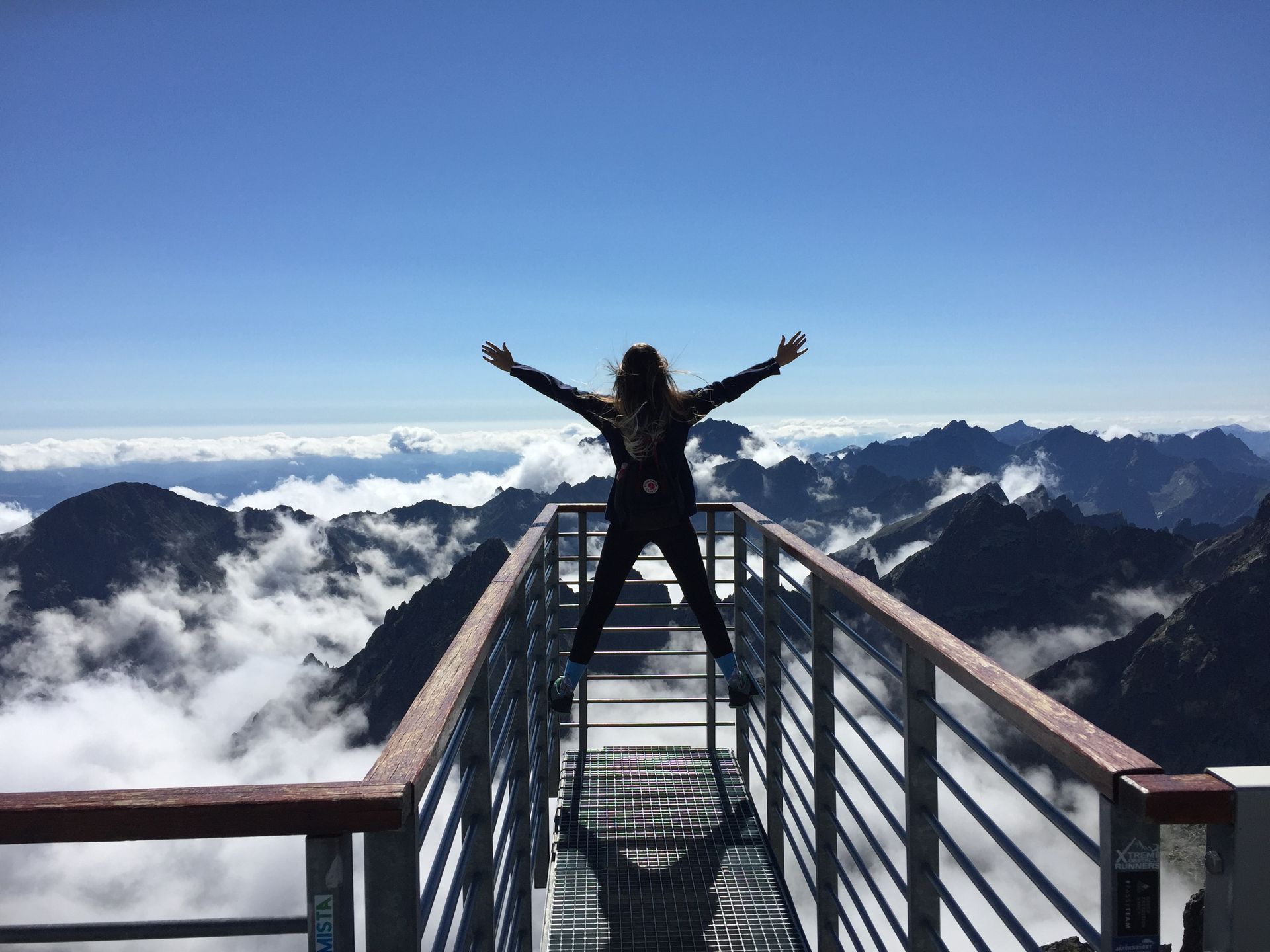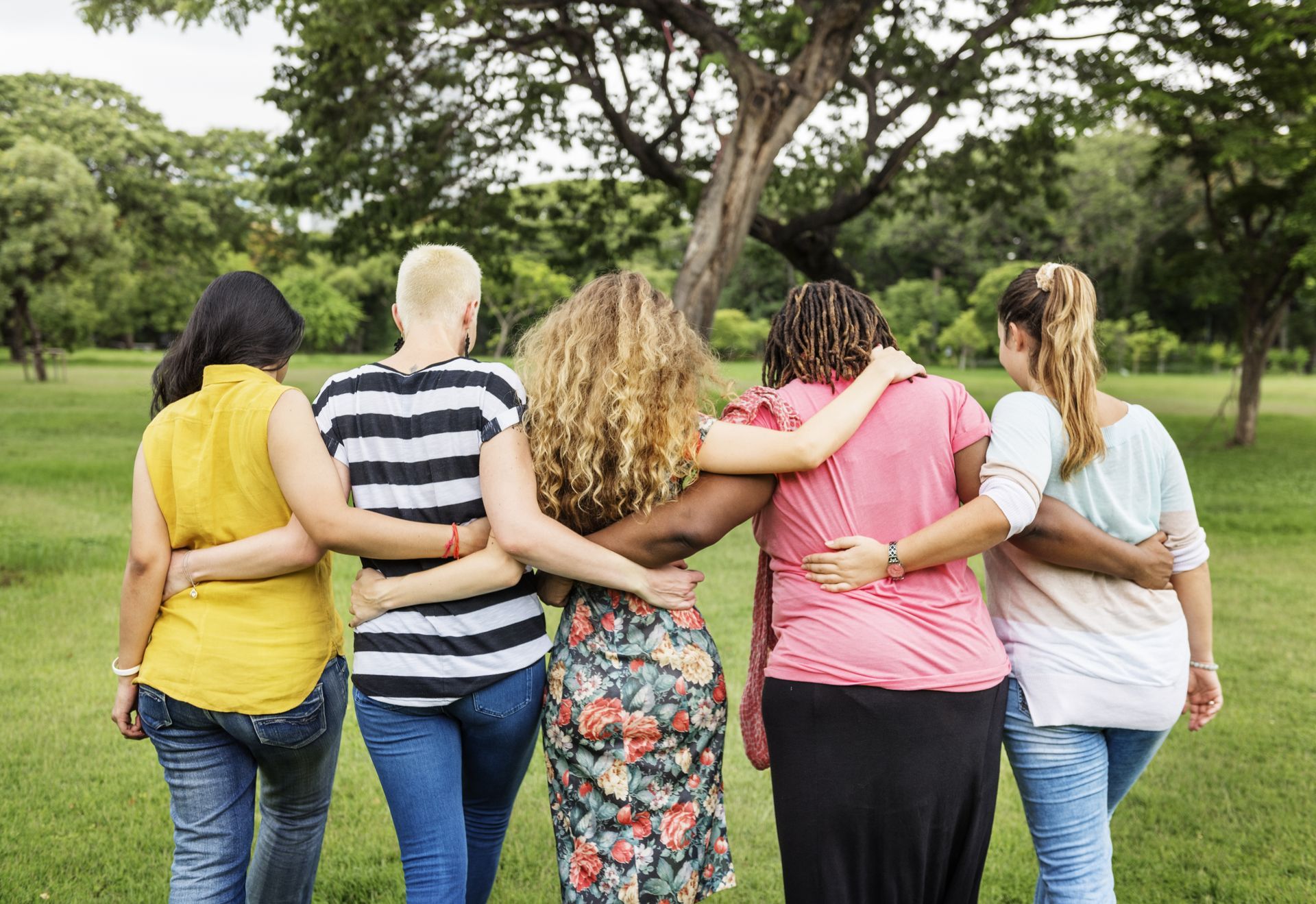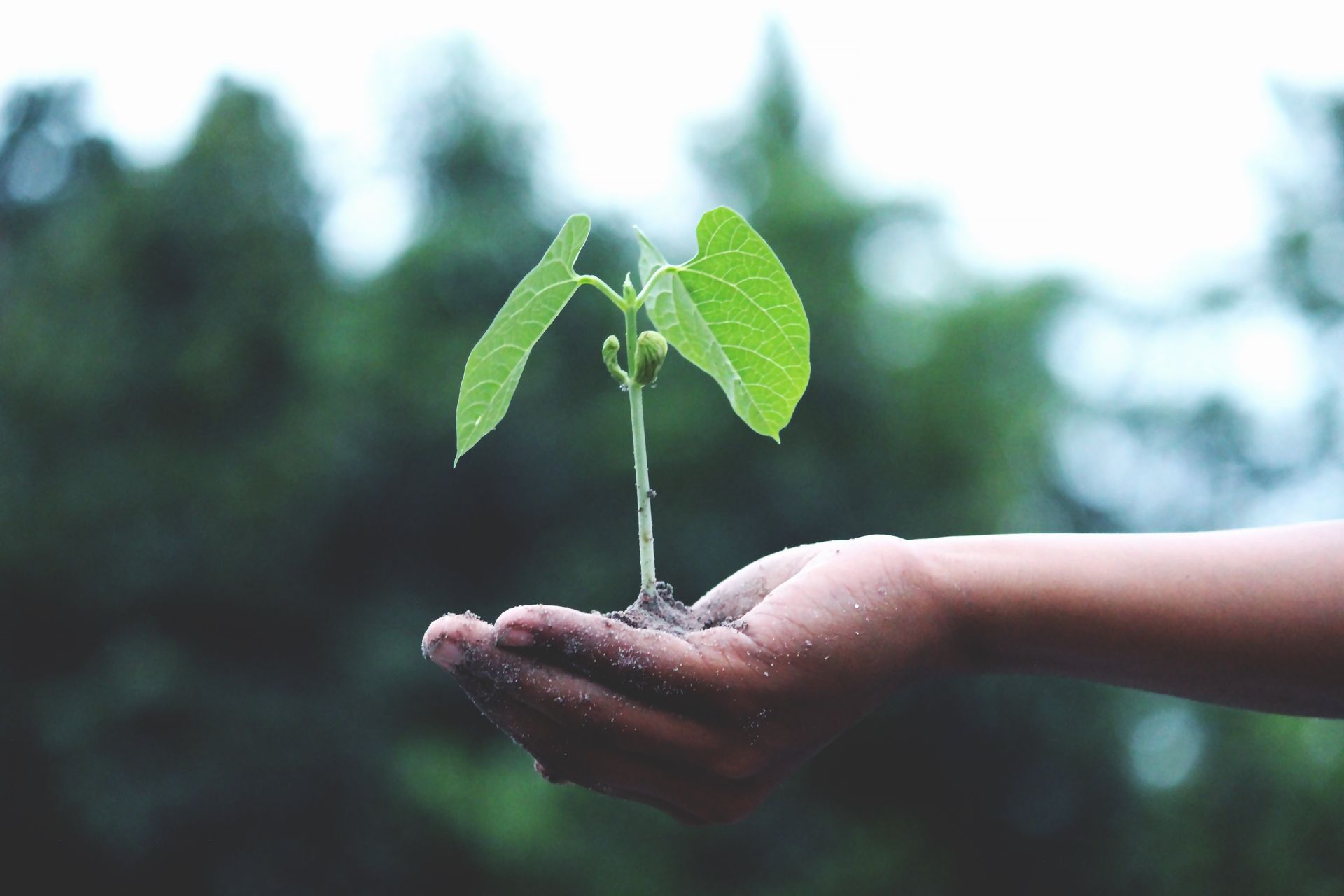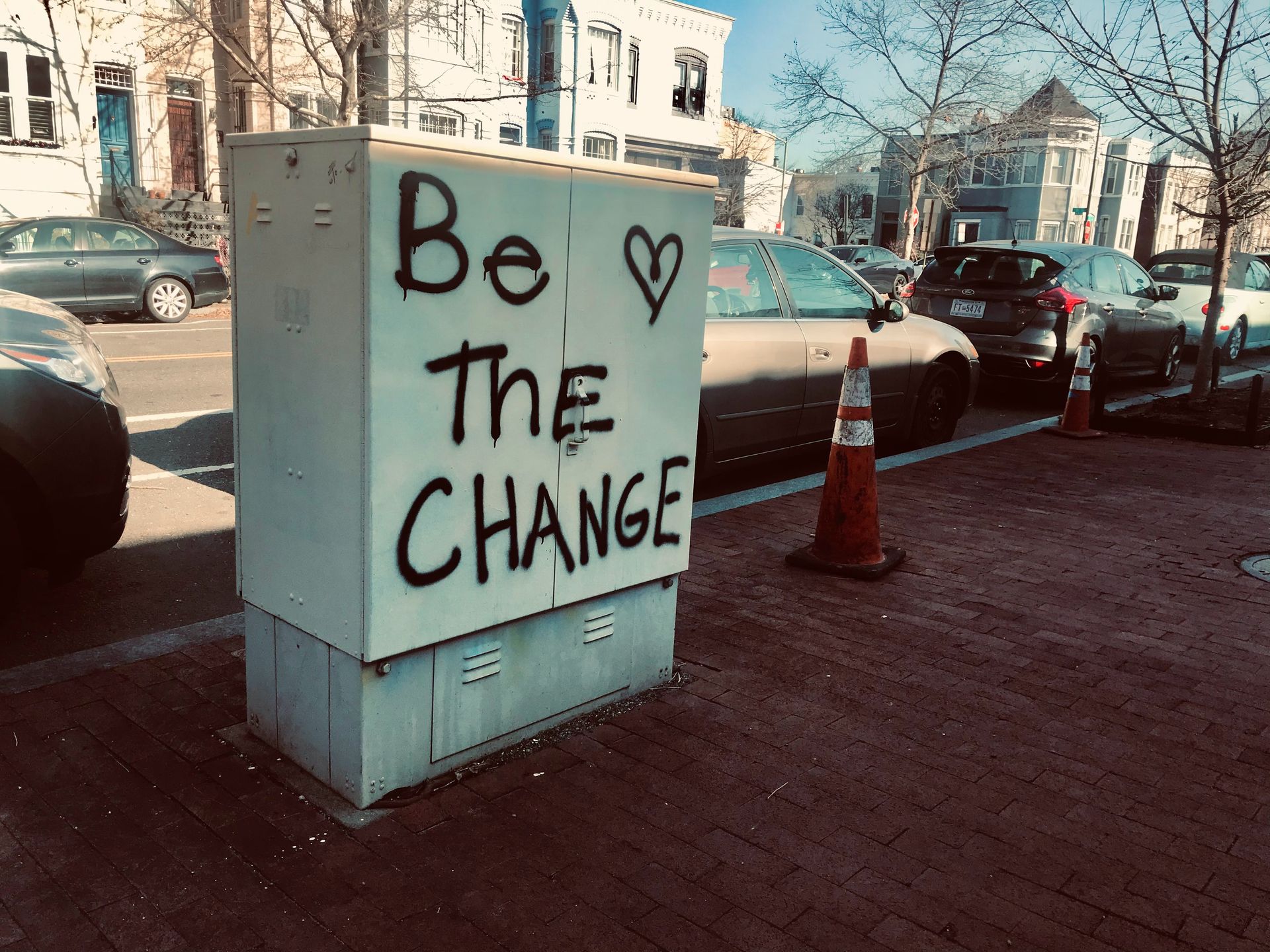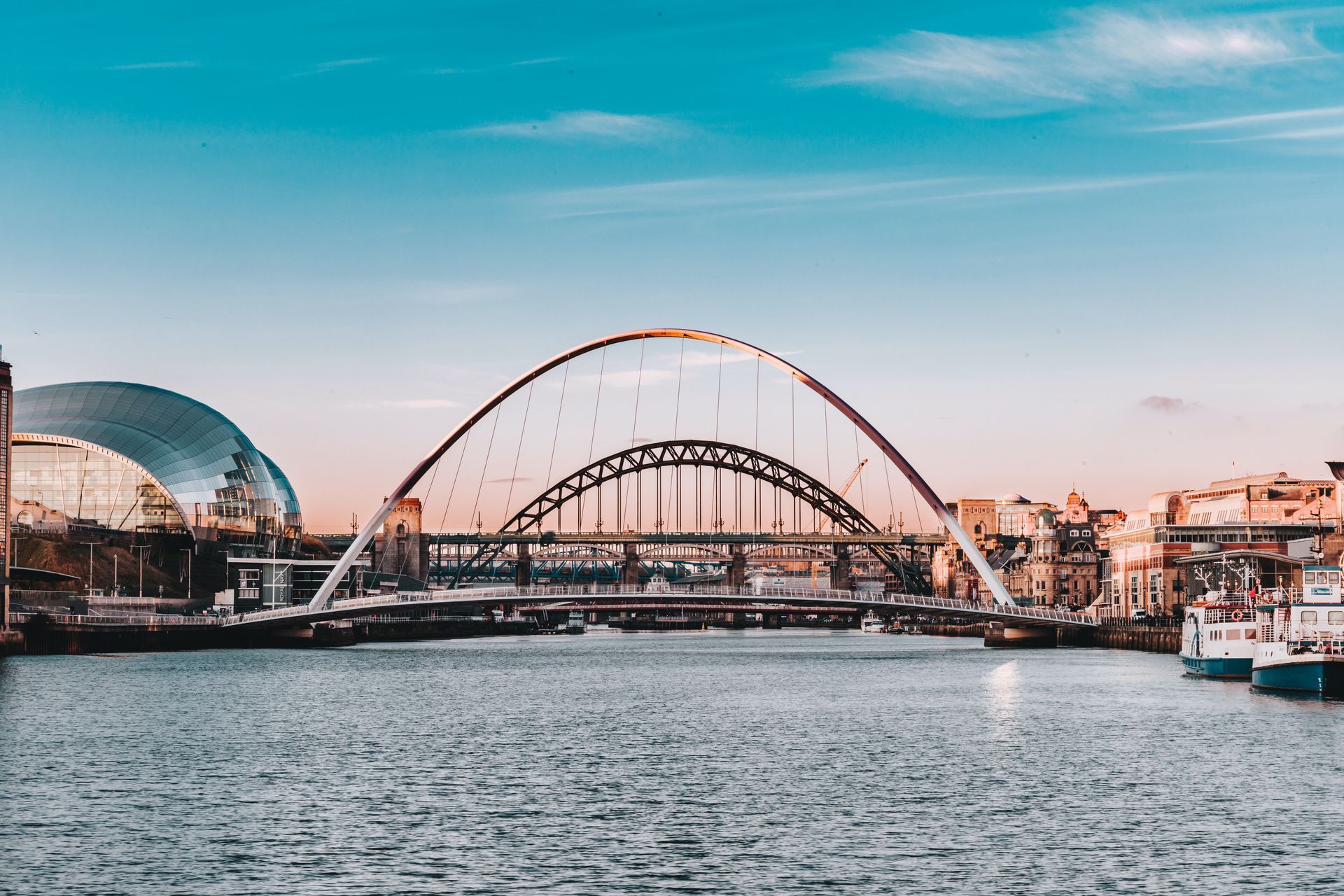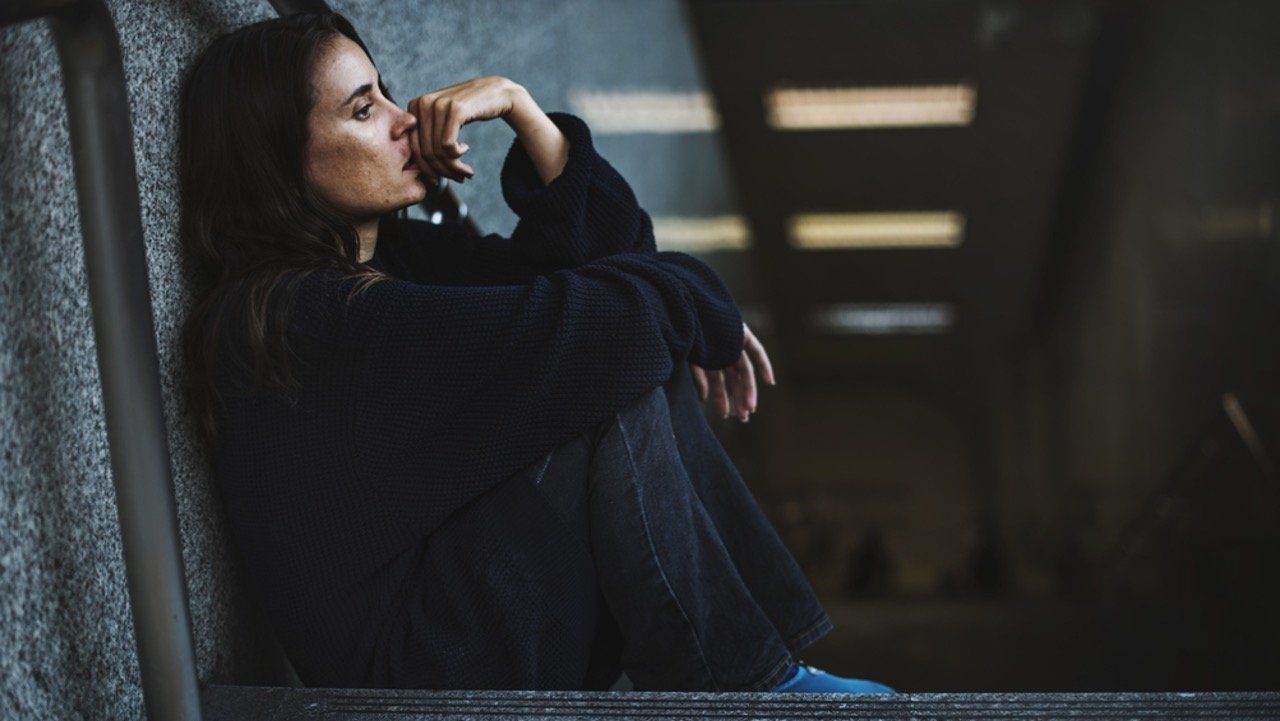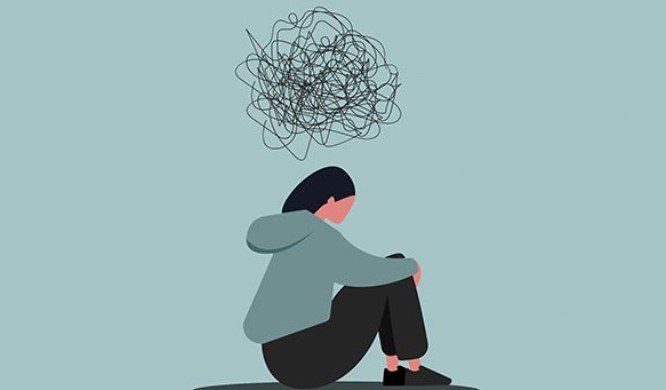10th October 2023: Highlighting Multiple Disadvantage
This years’ 10th of October marks an important day in highlighting and raising awareness of how a community can comprehensively support its members. Not only does World Mental Health Day fall upon this day, but the date is shared with the recognition of World Homeless Day also. The 10th of October therefore creates a powerful and special opportunity for open and critical discussion into how we, as a society, can best support those who are struggling and effectively drive political change to support those facing multiple disadvantages.
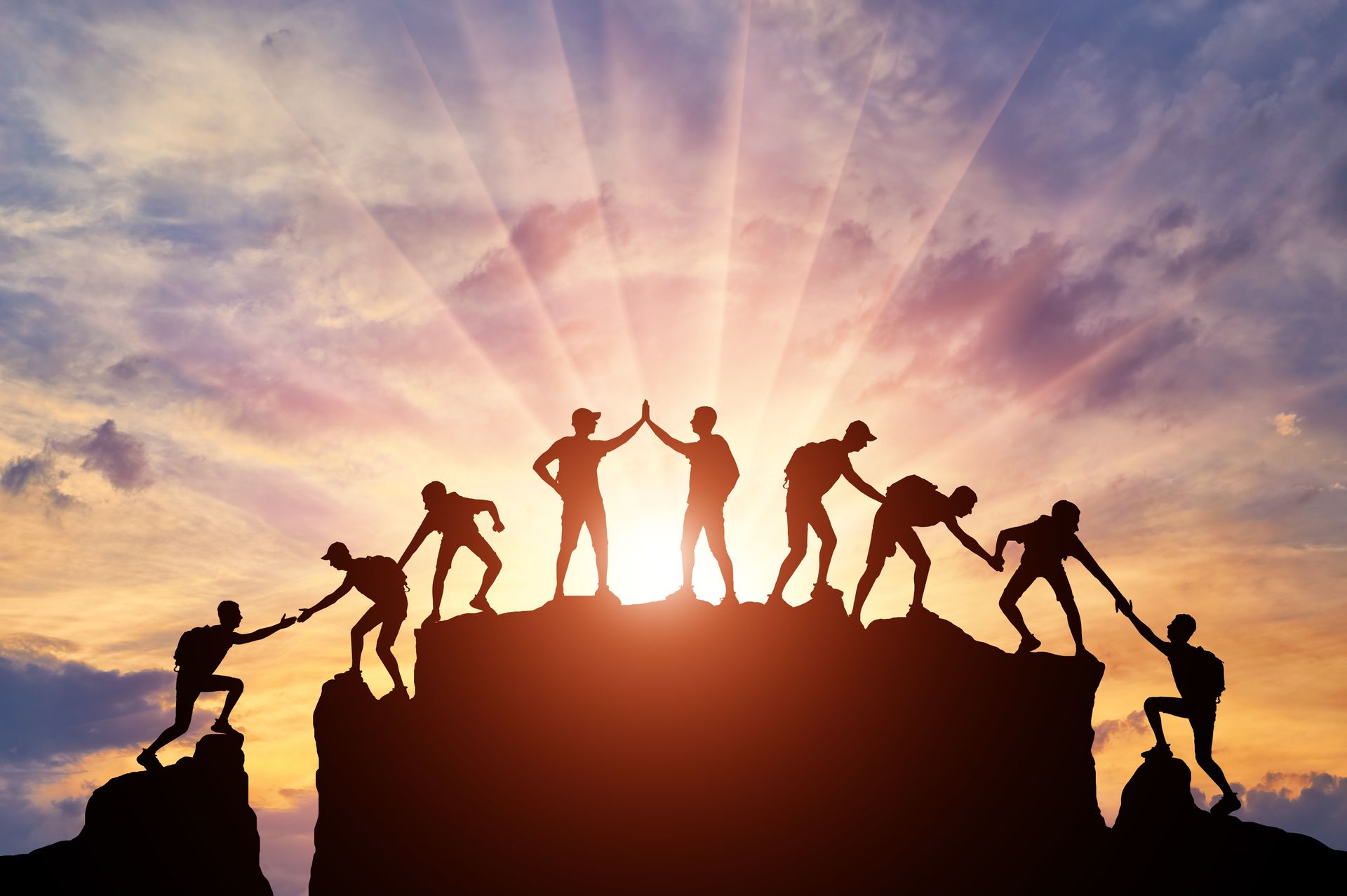
World Mental Health Day
World Mental Health Day has now been commemorated for over three decades and, whilst this demonstrates a sustained and commendable effort from activists and community members, it calls for a continued need in recognising and supporting those suffering from poor mental health and battling social stigma. The recognition for those suffering with poor mental health is needed now more than ever as our community has seen a post-pandemic amplification in the rates of anxiety, depression and suicide that has been further aggravated due to a weakened psychiatric support infrastructure that offers limited availability followed by an exclusionary unaffordability.
As World Mental Health Day commemorates its 31st year of action this October, the theme for the day is ‘Mental health is a universal human right’. This theme directly responds to the issue at hand that not every individual is able to receive the support they need and deserve; especially considering that only a quarter of the UN’s member nations have integrated mental health into primary healthcare and legislation in order to recognise it as a fundamental human right. World Mental Health Day supports the notion that every individual has the right to address their mental health and seek out support; including individuals who may, and often do, face multiple barriers to healthcare. These barriers may include and are not limited to old or young age, gender, substance use, poverty, unequal distribution of support in service and homelessness.
Mental Health & Homelessness
It is an unfortunate and unacceptable fact that determinants of poor mental health interact with social inequity in order to form barriers such as these, creating a devastating paradox within our community that those with higher levels of poor mental health experience the greatest difficulty with gaining access to support. This is why an intersectional approach to social care is necessary in order to optimise and equalize the distribution of support for all who are in need. This demand for intersectionality is represented in World Homeless Day falling on the same day as World Mental Health Day. Much like World Mental Health Day, World Homeless Day is essential in supporting those that struggle to gain access to care. Studies show that mental health problems are higher in those that are homeless, however service provision and the level of support available to this social group are inadequate with dwindling levels of active outreach, insufficient out-of-hours service and evident prejudice within the system.
Removing Service Barriers
With the intention of improving these current defects of the healthcare system, aneemo has created a new, freely available course for staff entitled ‘Improving Access to Services for Clients Experiencing Multiple Disadvantages and Co-Occurring Conditions’. Backed by the Office for Health Improvement and Disparities (OHID), and developed in partnership with the NHS’s Transformation Partners in Health, and the Homeless Health London Partnership, this aneemo course aims to support professionals in recognising disadvantages within clients and their ability to provide support instead of allowing such disadvantages to form barriers to care. It recognises the importance of understanding the individual holistically and taking into consideration all possible and multiple needs by working in a trauma-informed way and using gender-informed service models. This training course is packed full of practical and effective ways to address barriers to care; improving both the experience of the client and the levels at which professionals can provide care.
It's ‘Everyone’s Job’ to help solve the issues faced by the multiply disadvantaged so sign up for FREE today, or get in touch with us at contact@aneemo.com to find out how our training can help you and your teams to remove, rather than exacerbate, the barriers experienced by the individuals who so desperately need support this 10th October.
Watch a recording of our course launch event, held on 3rd October 2023, including an expert panel discussion and Q&A here.
USEFUL LINKS
RELATED TRAINING
Rough Sleeping Mental Health Awareness
